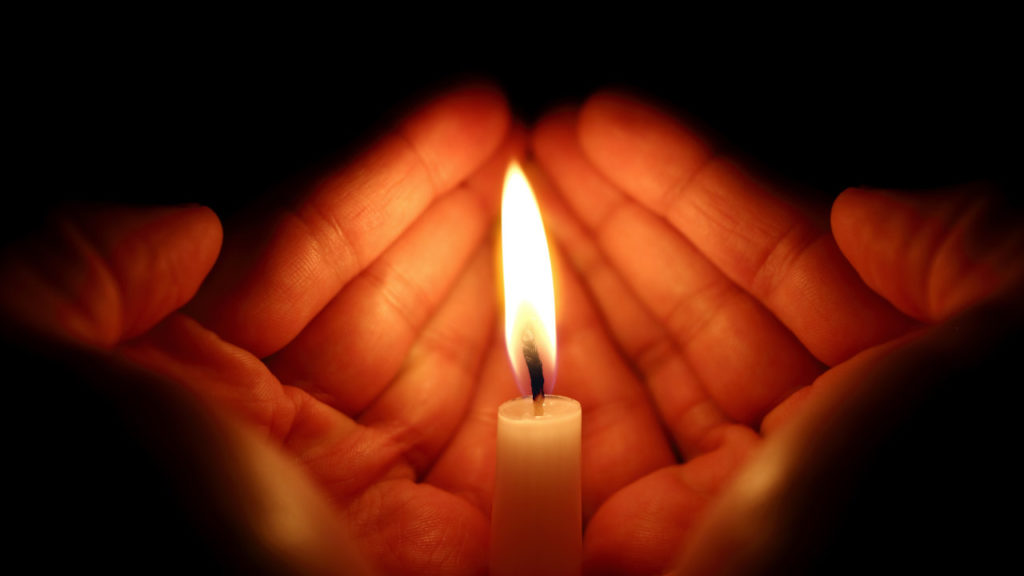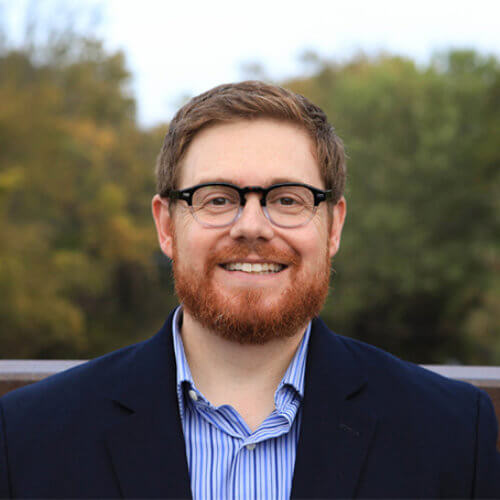Finding God in the Darkest of Days
 How learning to be still amidst life’s storms helps us experience God’s nearness.
How learning to be still amidst life’s storms helps us experience God’s nearness.
As I was growing up, I’d felt God in my heart. In college, I came to know God in a more intellectual way. But if I’m honest, in my twenties and early thirties, I almost never felt God’s presence; my relationship with God was often more about facts than faith.
When I first started college I was drawn to the writings of William James and Gordon Allport, who were among the first to study the psychology of religion. While searching for a book in the mildew-smelling basement of the school library, I stumbled upon the Journal of Psychology and Theology research journals.
Reaching for one of the volumes, bound with orange tape, I brushed dust off the cover and breathed in the musty smell. I’d found my new favorite place. That I could know God more deeply through science only fueled my intellectual curiosity.
Sure, during certain moving songs in worship, I’d feel the life-giving breath of God’s Spirit, but this happened only a time or two. When people shared a powerful testimony of God’s work in their life, I could recognize his nearness to those who trust him. I envied friends who worshiped at churches where they felt connected to God.
As an adult with undiagnosed Attention-Deficit Hyperactivity Disorder (ADHD)-inattentive type until the age of 32, I could give myself to prayer and worship, but it often felt hard for me to be still enough in my mind to really experience God’s presence in a visceral way.
If I consumed enough caffeine, I’d experience—what I later found out was called “hyperfocus”—an ability to intensely zone in and focus. But it wasn’t just school where I was learning to channel my attention.
For the first time in my walk with God I found myself growing in my relationship through study. So in my adulthood I can say my primary experience of God was more of an intellectual awareness than an emotional experience of God’s presence.
Cancer changed that for me.
I felt so physically beaten down and mentally foggy that I couldn’t rely on my theological thoughts. My primary way of feeling close to God was cut off.
Overwhelmed with physical pain, anxiety, and uncertainty, I couldn’t have the kind of emotional experience of God that I’d enjoyed in my youth. I was far too overwhelmed and too exhausted to study Scripture, stand in church for long, or concentrate in prayer, I struggled to connect with God spiritually. Intellectually, I was having difficulty finishing sentences, let alone entertaining coherent thoughts about the Lord.
I’d spent so much of my life either running after God or running from God. Growing up I’d been shaped by a somewhat legalistic faith that saw the world as black-and-white. I believed I had to earn God’s love. Later, I’d over intellectualize my faith.
Through my illness I discovered that I only needed to be still before God. When I had no more strength to run or perform, I was finally still enough to experience God’s nearness with me. In my darkest days, God ceased to be either an emotional feeling or a heady idea.
When I needed God most, God became real in a very tangible way.
Portions of this piece were adapted from my latest book A Walking Disaster: What Surviving Katrina and Cancer Taught Me about Faith and Resilience (Templeton Press).
 About The Author
About The Author
Dr. Jamie Aten is the founder and executive director of the Humanitarian Disaster Institute and Blanchard Chair of Humanitarian & Disaster Leadership at Wheaton College in Wheaton, Illinois. His latest book is “A Walking Disaster: What Surviving Katrina and Cancer Taught Me About Faith and Resilience” (Templeton Press). In 2016 he received the FEMA Community Preparedness Champion award at the White House. Follow him on Twitter, Instagram or jamieaten.com.



